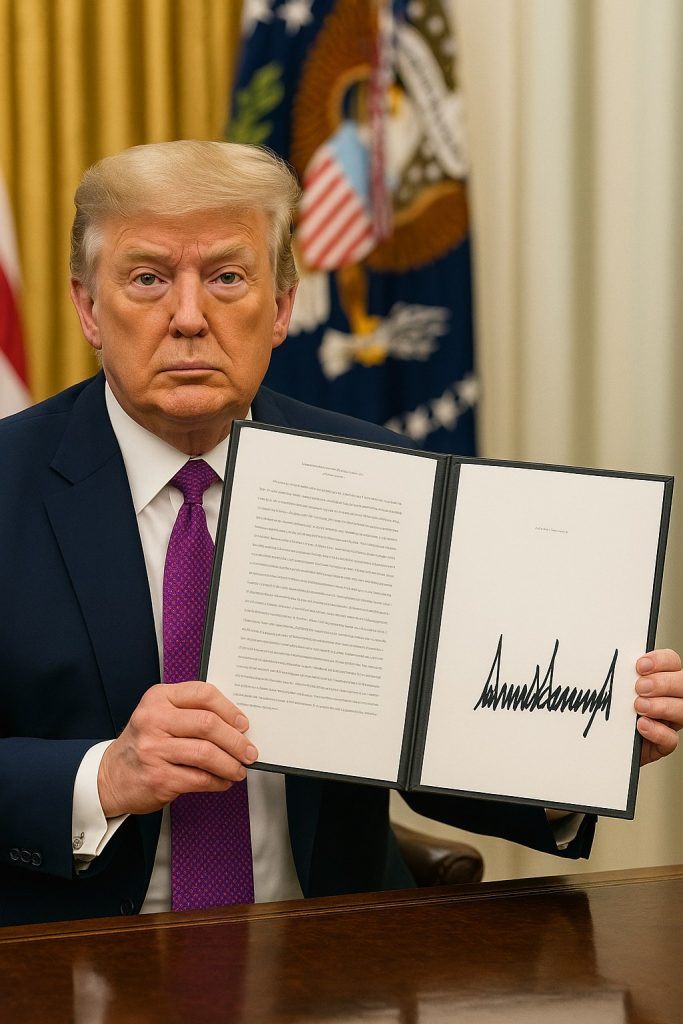The recent decision to rename the United States Department of Defense has ignited controversy, raising questions about the future of national security commitments and potentially undermining a key pledge made by former President Donald Trump during his 2024 presidential campaign.
The Department of Defense, a cornerstone of U.S. military strength and global strategic posture, was renamed earlier this year amid broader military reforms aimed at modernizing and streamlining defense bureaucracy. While officials describe the change as a procedural step to better align the department’s mission with current geopolitical challenges, critics argue that this move contradicts Trump’s prior assurances about strengthening traditional military institutions and preserving established structures.
During his 2024 campaign, Trump emphasized a strong, unaltered Department of Defense as a symbol of America’s military power, promising to resist efforts that might dilute or “disband” key defense capabilities. This renaming has been viewed by some political analysts and supporters as a departure from that promise, provoking a wave of skepticism about Trump’s defense strategy consistency.
“The Department of Defense name carries significant heritage and represents decades of consistent defense policy,” said a political strategist monitoring the 2024 race. “Altering that reflects a shift not fully disclosed to voters, and it complicates the narrative Trump has built around restoring and reinforcing America’s military.”
Officials within the Pentagon maintain that the renaming does not signal a weakening of the U.S. military but rather a recalibration aimed at enhancing coordination across the branches and adapting to modern threats like cyber warfare, space security, and emergent technologies. The new designation reportedly embodies a mission broader than traditional defense, signaling the need to engage in multidimensional strategic deterrence.
However, detractors point out that such changes often come with bureaucratic confusion and potential fragmentation. The timing—coinciding with the rollout of Trump’s 2024 campaign platform—has fueled speculation that internal Defense Department moves may be at odds with the political messaging delivered on the campaign trail.
Observers note that the Defense Department’s name has historically served as a touchstone for national identity in military affairs, and changing it can unsettle both public perception and morale within the ranks. For a campaign focused heavily on military strength and patriotic symbolism, the renaming presents a delicate challenge.
In response, Trump’s campaign team has sought to clarify that the former president remains committed to ensuring a robust defense infrastructure, emphasizing that institutional changes do not equate to diminished capabilities or strategic resolve. Yet, critics remain wary, citing this renaming as emblematic of a broader trend in defense policy that risks blurring clear lines of authority and tradition.
As election season intensifies, the Pentagon’s renaming will likely continue to be scrutinized as part of the larger debate over national security and military modernization. Whether this shift will materially impact voter perceptions of Trump’s defense promises remains to be seen, but it undeniably adds complexity to the discussion about America’s military future in the years ahead.
Key points to watch:
- How the Trump campaign addresses concerns over the Department of Defense restructuring.
- Potential policy adjustments in response to the renaming and modernization efforts.
- Voter reaction to perceived contradictions between campaign rhetoric and federal military policy changes.
With both domestic and international security stakes high, the Department of Defense’s new identity is more than just a rebranding—it symbolizes the evolving nature of American defense strategy and political promises entwined with it.



